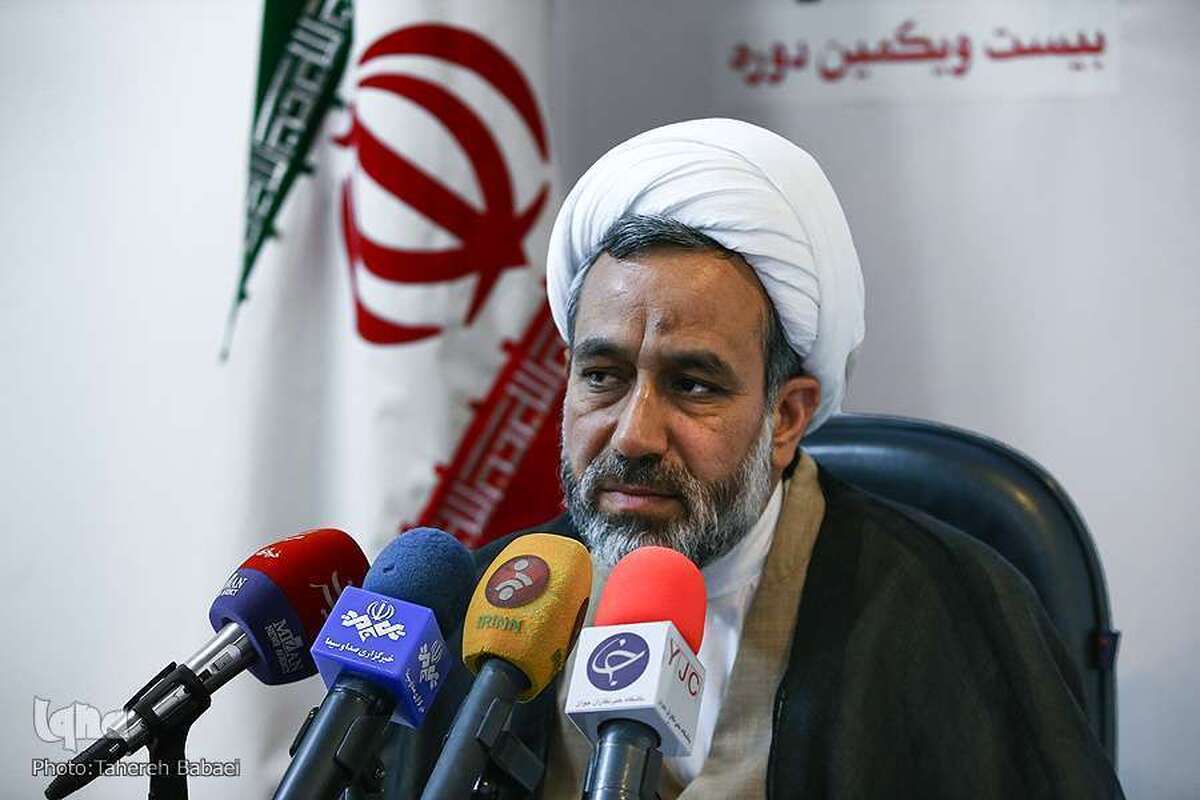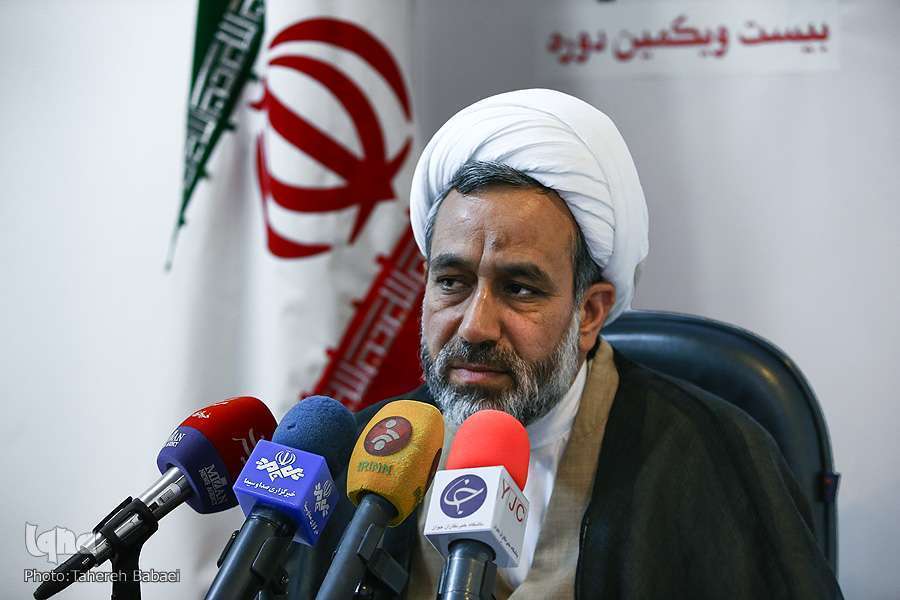Hajj Training Courses Begin for Iranian Academics Who Will Attend This Year’ Pilgrimage


The head of Academics’ Umrah and Pilgrimage Headquarters, said the courses began on Friday, April 11.
Hojat-ol-Islam Morteza Motaharipour noted that they are held in ten sessions and attended by professors and faculty members from the universities of Tehran, Alborz, Qom, Qazvin, Hamedan, Semnan and Isfahan provinces who will take the pilgrimage this year.
He said in addition to these ten sessions, a number of sessions are planned to be organized for the academic pilgrims after they travel to the holy sites in Saudi Arabia.
Referring to the educational sections for the pilgrimages, he said these sections are related to the issues of Hajj rituals and rites, the secrets of the pilgrimage, the executive issues including accommodation, food and supplies, transportation, insurance, medical services and the laws of the host country.
The trainings are conducted by the cleric and the head of the caravan, and are also attended by the officials of the headquarters, who explain the relevant issues, he stated, adding that each training session lasts about two to three hours, and videos and educational materials are also broadcast during the session for the pilgrims.
He went on to say that holding classes in person would have positive effects.
“In addition to learning about the educational chapters, the pilgrims will get to know each other and even choose their roommates in these meetings and will get acquainted with each other to have a sweet and unforgettable pilgrimage.”
Read More:
More than 85,000 Iranian pilgrims are expected to perform Hajj this year.
Hajj is a pilgrimage to the holy city of Mecca that every able-bodied and financially able Muslim is obliged to undertake at least once during their lifetime.
The annual pilgrimage is regarded as one of the pillars of Islam and the largest act of mass pilgrimage in the world. It is also a demonstration of Muslims’ unity and their submission to Allah.
4275952



